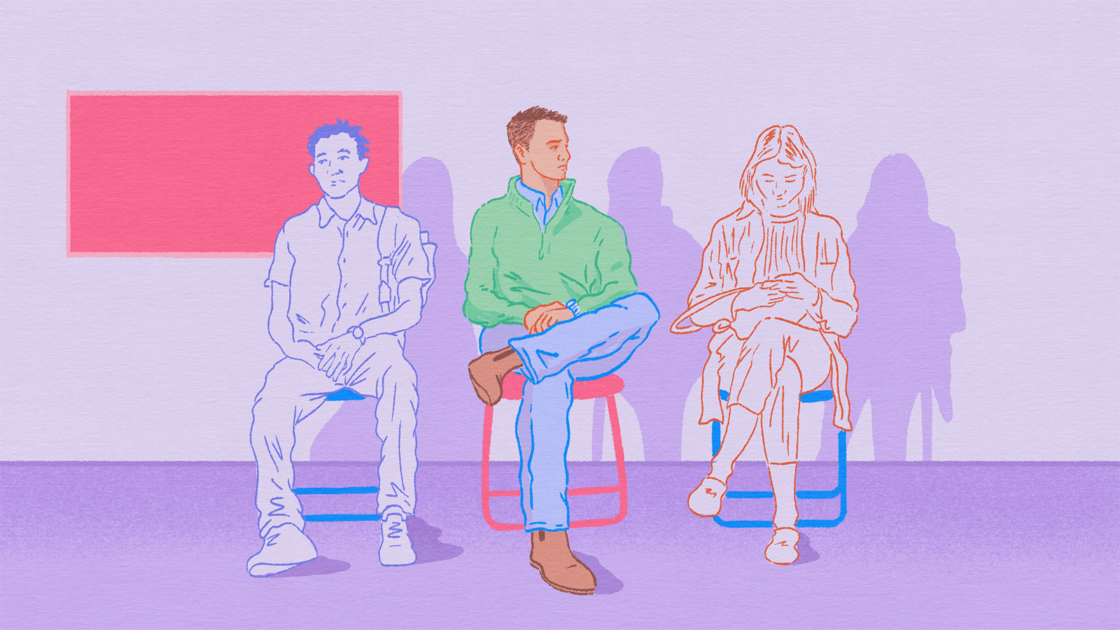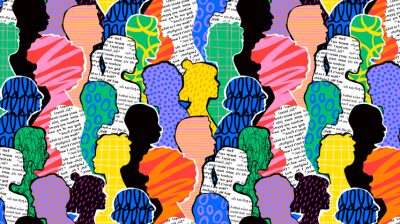Quiz: Do you know your mental health treatment options?
Take this quiz to test your knowledge of the types of mental health treatment and how to find the right treatment for you.

True or false: All therapists have the same training.
Not all therapists are trained in the same way or have the same qualifications. There is a range of professionals who can deliver therapy for mental health, including counsellors, psychotherapists and clinical psychologists. Also, different therapists are trained in delivering different types of therapy. That’s why learning about the language used to describe the different qualifications and accreditations that therapists can have can help you find the right support for your needs.
True or false: Everyone under 18 who seeks mental health treatment will be referred to CAMHS.
CAMHS (Child and Adolescent Mental Health Service) is a specialist mental health service designed for a small amount of the population who are experiencing ongoing moderate to severe mental health difficulties. This means that most young people who need mental health treatment in Ireland won’t attend CAMHS. Around 2% of the population will access this service.
True or false: You always need a referral from your GP to access mental health treatment.
If you have a mental health concern, your GP can give you direct support or put you in touch with a wide range of support services, so they are many people’s first point of contact. However, there are other professionals, like jigsaw clinicians, who can also give you a mental healthcare referral. There are also many support services that you can access without a referral.
Which of the following experiences are sometimes treated with inpatient care?
Inpatient mental healthcare is sometimes an appropriate treatment for people with severe symptoms that are significantly impacting on their ability to function. Their symptoms might also be harder to manage because of a lack of social and personal resources. There is a range of mental health conditions that can sometimes require inpatient treatment.
Which of the following professionals can be part of your care team in inpatient treatment?
In inpatient care, patients have a care team who work together to provide different treatments that meet their needs. Care teams contain a combination of different healthcare professionals with different types of training and qualifications. This means the different team members bring different skills and, together, they can treat all the different aspects of their patients’ condition.
Which of the following can be a sign that your current therapy isn’t working for you?
The way therapy works is complicated, so it can be tricky to know if a therapy isn’t working for you. Mental health recovery doesnt go in a straight line, rather it has lumps and bumps along the way. Engaging in therapy can be uncomfortable and draining in the beginning, especially if you aren’t used to opening up about your thoughts and feelings. That’s why it’s usually a good idea to stick with a new therapy for a few sessions before making a decision about whether or not you want to continue.
True or false: Everyone who is prescribed mental health medication will be taking it for life.
Most people who start taking mental health medication won’t be taking it their whole life. Sometimes, mental health medication is used in the short-term to help someone get over an immediate mental health crisis. In other circumstances, medications are used as a long-term treatment to help someone live with enduring mental health problems. Different medications come with guidelines on how long you should be taking them for. For many people, mental health medication allows them to live the lives they want to live without being restricted by debilitating and distressing symptoms of mental health conditions. There are also mental health symptoms and conditions that aren’t treated with medications. Not everyone who has a mental health issue will benefit from medication.
True or false: Mental health medication will change who I am as a person.
Some people are concerned that if they start medication for their mental health, it will change who they are as a person or they won’t feel like themselves. The truth is, people who take mental health medication are still the same people they always were, just without some of the symptoms of mental illness. In fact, many people feel like medication helps them feel more like themselves because it helps them manage distressing symptoms that are getting in the way of them being able to live the life they want to live.
Which of the following can be a reason therapy isn’t working for you?
There are many reasons why therapy might not be helping you in your recovery journey. Understanding what factors are playing a role in making therapy unhelpful is an important step to help you move forward and figure out what needs to change so that you can get the right type of support that meets your needs. Finding the right therapist for you can often take some time so don’t feel discouraged if your first experience doesn’t work out.






